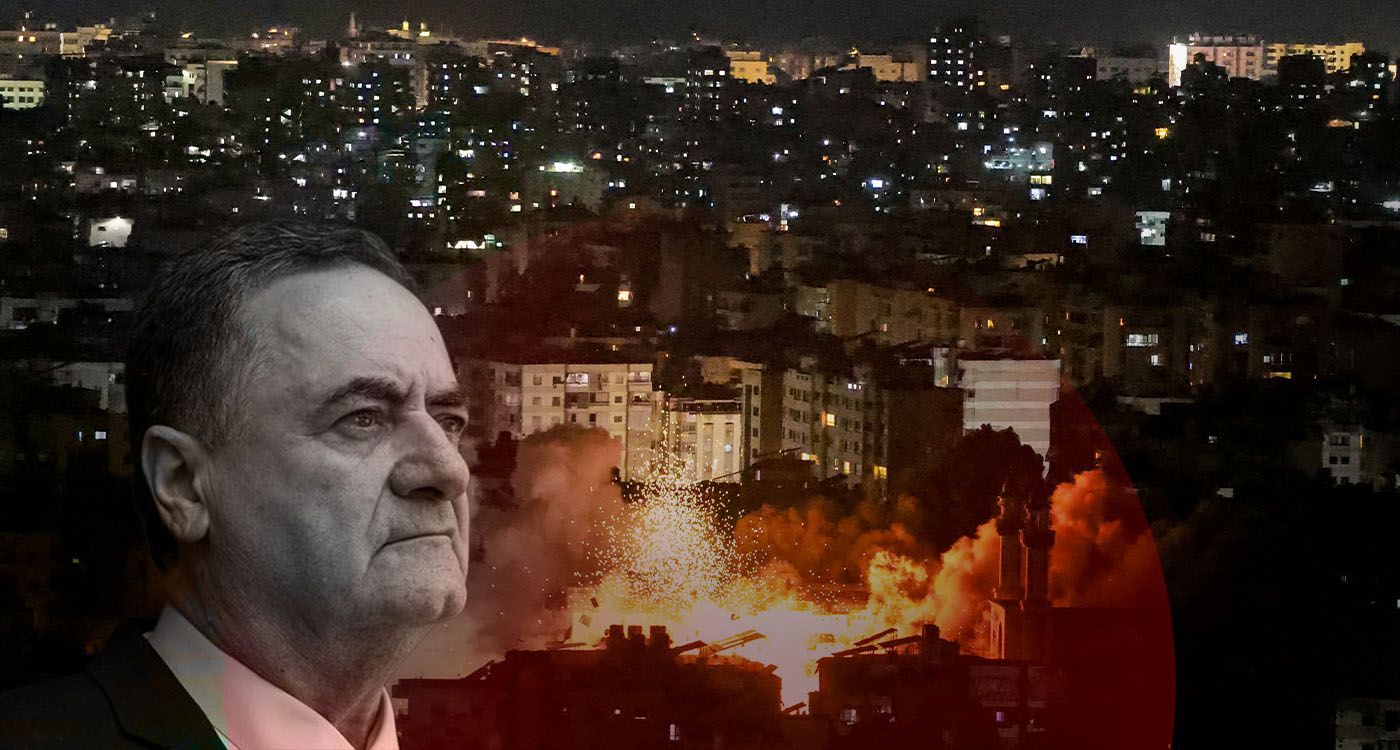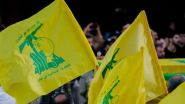
As the Israeli Army issued a warning to Beirut’s southern suburbs on Thursday, Lebanon sought to avoid Israeli airstrikes on the targeted sites. The Lebanese representative to the Ceasefire Monitoring Committee approached the committee’s chairman, US General Michael Leeney, promising that the Lebanese Armed Forces (LAF) would enter and inspect these sites on the condition that they would not be attacked. However, Israel rejected the Lebanese proposal and insisted on carrying out the strikes without providing an immediate explanation for refusing the request.
A notable development came with a statement from Israeli Minister of Defense Israel Katz, who addressed Lebanese President Joseph Aoun directly, “You must ensure that the Lebanese Army truly enforces the ceasefire agreement — not through coordinated theatrics, as it attempted to do yesterday.”
Sources within the Ceasefire Monitoring Committee interpreted this as a clear indication of Israel’s lack of trust in the LAF’s efforts to implement UN Security Council Resolution 1701, particularly regarding Hezbollah’s disarmament.
According to these sources, Israeli officials have repeatedly informed the committee that the Lebanese Army is not taking serious steps to dismantle Hezbollah’s military infrastructure, especially in areas north of the Litani River – locations Israel claims to have mapped extensively.
They added that the intelligence shared by the Lebanese on certain sites failed to align with what Israeli authorities consider verified data. Consequently, Israel rejected the LAF’s intervention in the areas targeted on Thursday night, arguing that the outcome was predetermined: there would be no weapons or military installations found. From Israel’s perspective, any LAF involvement in these locations would amount to shielding Hezbollah. Thus, it holds the Lebanese state – its president and government – accountable for failing to fulfill its obligations under Resolution 1701, particularly the dismantling of Hezbollah’s armed presence.
On the other hand, the statement issued by the Lebanese Army on Friday hinted at a possible suspension of cooperation with the Ceasefire Monitoring Committee.
Lebanese sources stressed that this does not reflect a withdrawal from Lebanon’s commitments, and that the committee and UNIFIL witness its seriousness in inspecting any site suspected of harboring weapons or military structures. They revealed that, earlier on Thursday and based on an Israeli request transmitted via the committee, the army had searched a site in the Mreijeh area of the southern suburbs and found no military components.
Moreover, the threat to suspend cooperation should not be seen as Lebanon backing away from its official commitments, but rather as a form of pressure to activate diplomatic efforts – particularly American – to ensure that Israel honors its commitments: namely, to withdraw from still-occupied sites, release detainees and address points of contention along the Blue Line. The question remains: Does Israel truly intend to uphold these obligations?
Western diplomatic sources have urged restraint from both parties, stressing the need for strict adherence to the mutual commitments. They warned that a halt in Lebanese cooperation with the monitoring committee would ultimately play into Israel’s hands, enabling it to intensify military pressure and further hold Lebanon responsible for any deterioration.
With the US firmly backing Israel’s position, such a move would give Israeli leaders greater political and military leeway, raising concerns over how far Israel might go in future operations.




Comments